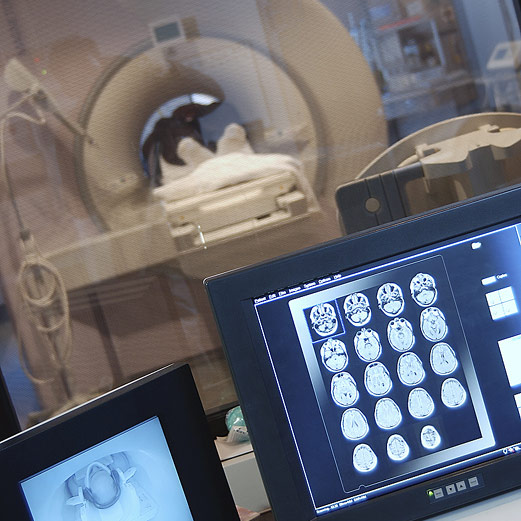
Here are some of the latest health and medical news developments, compiled by the editors of HealthDay:
Canada, Switzerland Lift Ban on Novartis Flu Vaccines
Bans on two Novartis flu vaccines were lifted Wednesday by Canadian and Swiss health officials after they determined the vaccines were safe.
The two countries were among a number of nations that halted the use of the Fluad and Begripal flu vaccines after white particles were seen in the products, Agence France-Presse reported.
Use of the vaccines was also frozen in Austria, Germany, France, Italy and Spain.
Switzerland’s national drug agency Swissmedic said the “security and efficiency of the vaccine are in no way weakened by these (particles) present in some syringes.” The Public Health Agency of Canada said it is “advising health care professionals in possession of these vaccines that they can start using them once again,” AFP reported.
“Novartis is working diligently with other health authorities to address their questions and resume distribution,” the Swiss drug maker said Wednesday.
—–
NYC’s Bellevue Hospital May be Evacuated
A full evacuation of Bellevue Hospital in New York city seems likely, suggest reports from hospital staff.
About 700 patients currently remain at the hospital, which has struggled to function in the aftermath of Sandy. Staff say there are power problems, partially lighted halls and no computers, ABC News reported.
The hospital experienced problems with its generators when Sandy hit Monday night, but at least one generator was repaired just in time to avoid a full-scale evacuation. However, deteriorating conditions at the hospital could pose a threat to patient health.
“It’s Katrina-esque in there,” one nurse told ABC News.
Bellevue would be the second of the city’s public health hospitals to close due to the effects of Sandy. On Tuesday, Coney Island Hospital was evacuated.
—–
Breast Cancer Screening Leads to Overtreatment for Many Older Women: Study
For every older woman’s life saved by breast cancer screening, about three other women are unnecessarily treated for slow-growing cancers that would never threaten their lives, according to an expert panel in Britain.
Their review of evidence from 11 trials in the U.S., U.K., Canada and Sweden confirmed findings from other studies that breast cancer screening for women over 50 saves lives, the Associated Press reported.
However, that screening also leads to what is referred to as overdiagnosis or overtreatment.
“It’s clear that screening saves lives,” Harpal Kumar, chief executive of Cancer Research U.K., told the AP “But some cancers will be treated that would never have caused any harm and unfortunately, we can’t yet tell which cancers are harmful and which are not.”
The study was published online Tuesday in The Lancet. The expert panel was commissioned by Cancer Research U.K. and Britain’s department of health.
The review findings were welcomed by some critics of breast cancer screening.
“Cancer charities and public health authorities have been misleading women for the past two decades by giving too rosy a picture of the benefits,” Karsten Jorgensen, a researcher at the Nordic Cochrane Centre in Copenhagen, Denmark, told the AP.
“It’s important they have at least acknowledged screening causes substantial harms,” said Jorgensen, who added that countries should now re-evaluate their breast cancer screening programs.
—–

